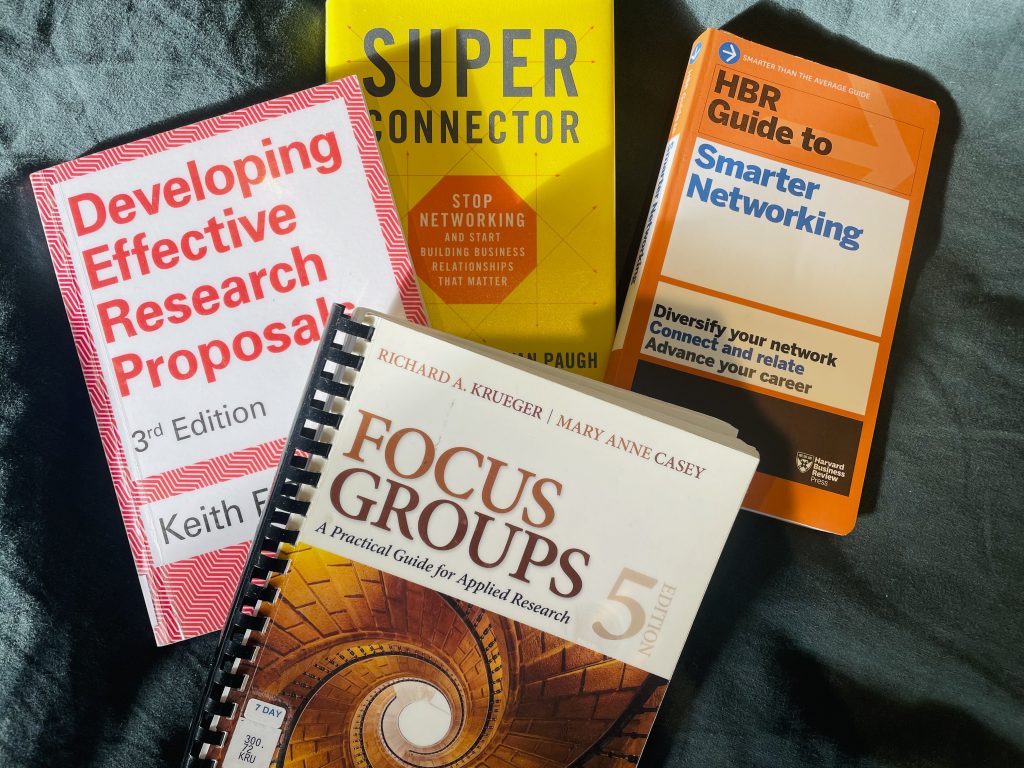Learning Outcomes x Social, Racial and Climate Justice
When I started teaching and more importantly, with it – marking, I came to realise with revelatory appreciation the power and significance of Learning Outcomes. I experienced for the first time, how consequential they were.
Rewind to two years ago, before I became a teacher, I was one of UAL’s climate advocates for the product program at the School of Design and Technology. One of my tasks was to audit course handbooks (UAL, 2023) against UAL social racial and climate justice principles (UAL, unknown) with the aim to embed those principles in the taught content of all courses over a 10-year period.
At first, the annually repeated task seemed to be Sisyphus work, nebulous, using cryptic language that teachers struggled to understand, not to mention students. Why employ people to phase content into the course handbooks that no student ever read?
As weeks passed by, I had my recommendations for implementation prepared for talking to the course leaders, whose course content has not reached the final desired stage of The Shift yet. At this final stage, courses had the Social, Racial and Climate Justice Principles contextualised in the handbook, made them part of the course aims and objectives and had them assessed in at least one unit at each level (UAL-ADAL, unknown). All nice on paper, soon catching digital dust on an ignored Course handbook tile on Moodle, so I thought.
That was until I taught and marked. I realised then, for instance, if the Learning Outcomes ask to demonstrate a “comprehensive understanding of the environmental and social implications of fashion production” and evidence is missing in the student’s work, they will fail the unit.
Teachers are determining the LOs and “curriculum content […],thereby privileging institutional priorities […]”, the case in point here being the Social, Racial and Climate justice principles (Addison, 2014). In other words, the university not only shows that it agrees with the Social, Racial and Climate justice principles, but acts upon them, enforcing the engagement with them by each student.
Personally, I’m in favour of this measure, because it is arguably for the greater good of society, just as the state’s provision of services and infrastructure is also considered useful to society.
Thinking of Addisons debate of the Learning Outcomes, I think the importance lies in being aware of their benefits and deficiencies affecting diverse contexts within the education system. This allows me within my area of influence to counter-act the deficits proactively making the most out of the benefits the system has.
Taking another perspective, this experience also demonstrates how inaccessible learning outcomes were for me as an MA student. I read them but ultimately used the more specific assignment instructions for practice guidance and I used academic papers for guidance on how to contextualise.
As a teacher, I observe many students similarly struggling with the phrasing of learning outcomes (also see case study 3), until they are deciphered, demonstrated how they translate into an outcome and practiced by doing.
Therefore, I plan on creating a make the grade check list, similar to the one we are provided with now, which helps tying the elements of the learning outcomes back to specific elements of the assignment. I believe this will help the teachers and students alike. In fact, my course leader asks for precisely these kind of improvements after each unit run.
References
Addison, N. (2014) ‘Doubting Learning Outcomes in Higher Education Contexts: from Performativity towards Emergence and Negotiation’, International Journal of Art & Design Education, 33(3), pp. 313–325. Available at: https://doi.org/10.1111/jade.12063.
UAL- Academic Discourse & Action Learning (ADAL) (unknown) Embedding Climate, Racial and Social Justice Available at: https://www.arts.ac.uk/__data/assets/pdf_file/0037/399376/Embedding-Framework-Climate,-Social-and-Racial-Justice.pdf (Accessed: 17 March 2025)
UAL: (2023) Handbook Audit: Nest Steps for Courses and Programmes Available at: https://www.arts.ac.uk/__data/assets/pdf_file/0038/399377/Handbook-Audit.pdf (Accessed: 17 March 2025)
UAL: (unknown) Climate, Racial and Social Justice principles Available at: https://www.arts.ac.uk/__data/assets/pdf_file/0028/374149/principles-for-climate-racial-and-social-justice.pdf (Accessed: 17 March 2025)



